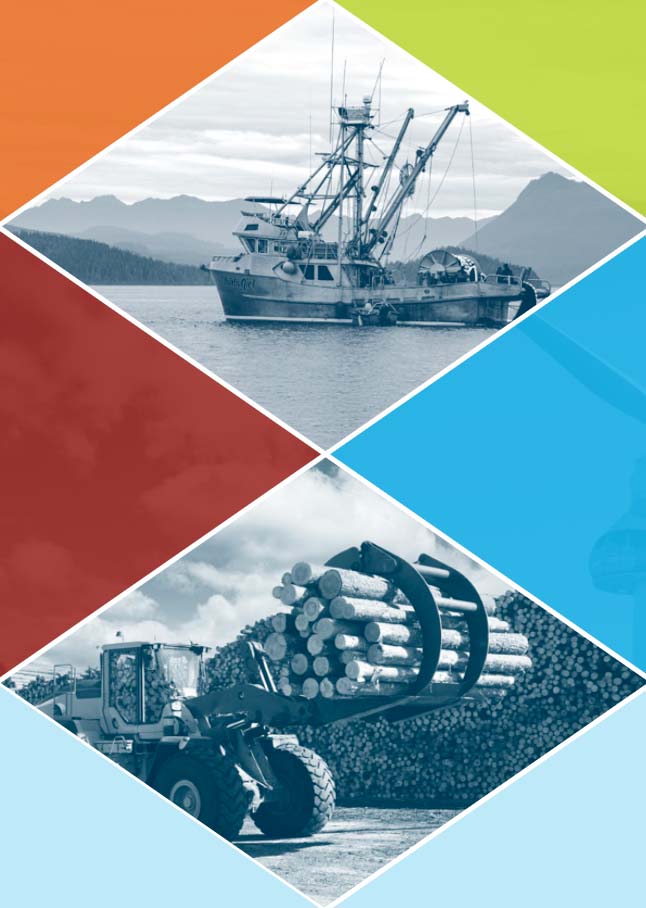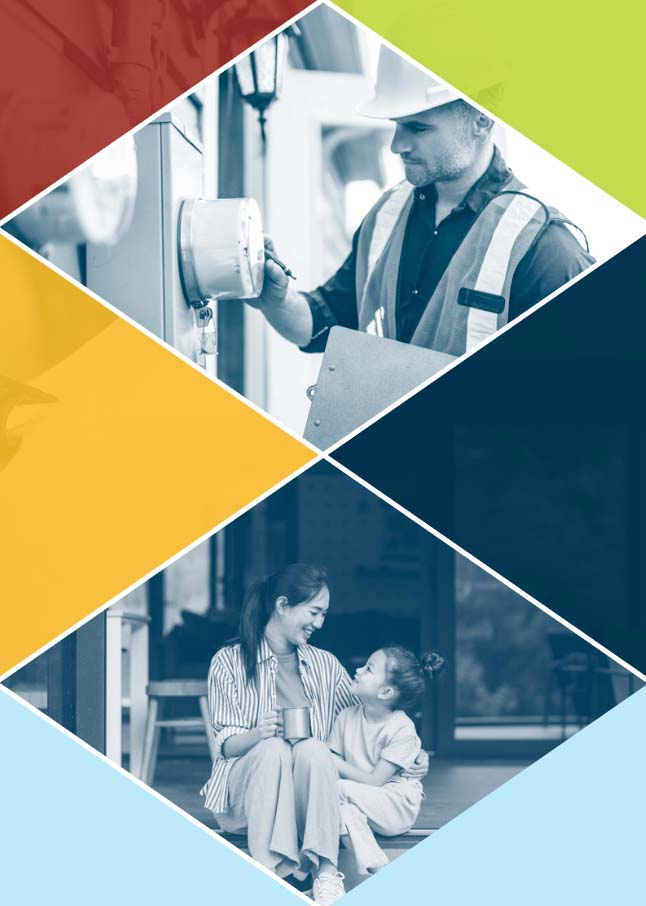Evidence-based policy insights to guide B.C.’s climate future
The Government of British Columbia’s CleanBC plan outlines the province’s strategy to cut greenhouse gas emissions and build a sustainable economy. On Nov. 26, the Government of British Columbia released the final report from an independent review of CleanBC. The government has committed to consider the report’s recommendations as it plans its next steps.
Seven years ago, climate action was a priority for British Columbians. Nowadays, concern about climate change competes with other challenges, such as growing geopolitical instability, rising cost of living, and strained public services. Intensifying climate impacts magnify each of these challenges, underscoring the urgency for bold, integrated action.
Considering these new realities, the Pacific Institute for Climate Solutions has commissioned the Insight Series: CleanBC. The paper series provides evidence-based insights on CleanBC’s path forward.
Through timely research and accessible insights, the series helps policymakers and British Columbians better understand how CleanBC can contribute to shaping a low-carbon, affordable, and prosperous future.
Explore the Insights by theme:
Rethinking climate policy in a
complex world
Designing climate policy that responds to overlapping crises and stays connected to people’s priorities.
Investment, development, and competitiveness
Seizing economic opportunities and competitiveness in a tight budget environment.
.
Housing, affordability, and
everyday solutions
Integrating climate action with pressing social and economic priorities.
.
What You’ll Find in this Series

Deep dives into policy choices
Evidence-based insights on how CleanBC policies impact affordability, equity, resilience, and emissions.

Timely insights
Short, focused reports that respond to current debates and provide clarity on emerging issues.

Cross-sector perspectives
Researchers, policy experts, and communities ensure a broad view of climate action.
Why it Matters
CleanBC represents one of the most ambitious provincial climate strategies in Canada. But ambition must be paired with accountability. The Government of B.C.’s commitment to an independent review underscores the need for transparent evaluation and honest discussion about progress, trade-offs, and opportunities.
The Insight Series: CleanBC provides the evidence base to inform these conversations. By offering clear insights from leading B.C. experts, the series can help shape climate policies that deliver real benefits—reducing emissions, strengthening resilience, and supporting affordable, livable communities across the province.
Overview of the PICS Insight Series: CleanBC
The critical issues and context shaping the future of climate action in B.C.

Overview paper
A Pivotal Moment for B.C. Climate Action
British Columbia stands at a crossroads for climate action. This overview paper sets the stage for the CleanBC Insights Series, outlining why renewing the province’s flagship climate plan is about more than cutting emissions.
Rethinking climate policy in a complex world
Designing climate policy that responds to overlapping crises and stays connected to people’s priorities.

PAPER 1
Climate Policy and Polycrisis in British Columbia
Climate is deeply interconnected with multiple crises that interact and amplify each other, complicating efforts to address them. This paper looks at how governments can deal with such overlapping problems and identifies ways to better prepare the CleanBC framework for the future.

PAPER 2
People First, Climate Forward: Recentering B.C. climate policy
The rising cost of living, strained public services, and growing geopolitical instability overshadow climate change for many British Columbians. Climate misinformation and disinformation are spreading, targeting disengaged voters. To shift public engagement to active support, climate policy and messaging need a deliberate rebalance.

PAPER 3
Indigenous Governance and Authority in Climate Action
This paper argues that a renewed CleanBC must move beyond integrating Indigenous “perspectives” to recognizing Indigenous laws, decision-making authority, and governance. By embedding reconciliation at the heart of climate action—through self-determination, free, prior and informed consent, and Indigenous-led approaches—CleanBC can build more durable and just climate resilience.
Investment, development, and competitiveness
Seizing economic opportunities and competitiveness in a tight budget environment.

PAPER 4
Positioning British Columbia’s Energy System for Decarbonization and Increased Competitiveness
This paper highlights the need to align B.C.’s net-zero goals with electricity system strategy and broader energy planning. It outlines actions to build a resilient, affordable, and reliable energy system that supports decarbonization, attracts investment, strengthens competitiveness, and advances reconciliation.

PAPER 5
Climate Policy as Territorial Development
Climate policies inherently reshape regional economies, alter patterns of investment and employment patterns, and transform territorial relationships. Resource-dependent and remote regions face higher risks during the low-carbon transition, if that transition fails to address their unique realities. This paper proposes a framework to bring regional development considerations and more place-based flexibility into B.C. climate policy.

PAPER 6
Maximizing Public Funds: Examining the fiscal efficiency of climate policy in B.C.
With B.C. facing fiscal pressures and lagging progress toward 2030 targets, this paper examines the cost-effectiveness of current climate policies. It identifies opportunities to prioritize measures that deliver greater emissions reductions at lower public cost while advancing affordability, innovation, and equity.
Housing, affordability, and everyday solutions
Integrating climate action with pressing social and economic priorities.

PAPER 7
Sustainable and Affordable Housing: Strategies, innovations, and policy directions
B.C.’s housing boom presents a once-in-a-generation chance to align affordability with climate resilience. This paper outlines how new homes can be designed to be low-carbon, hazard-safe, and future-ready, ensuring today’s construction supports both families and the province’s climate goals.

PAPER 8
Pathways to Accelerating Household Clean Technology Adoption across British Columbia
British Columbians want clean, cost-saving technologies like EVs and heat pumps, but face barriers from high upfront costs to renter limitations. This paper explores how policy can unlock adoption, helping households cut bills, reduce emissions, and build lasting support for climate action.
